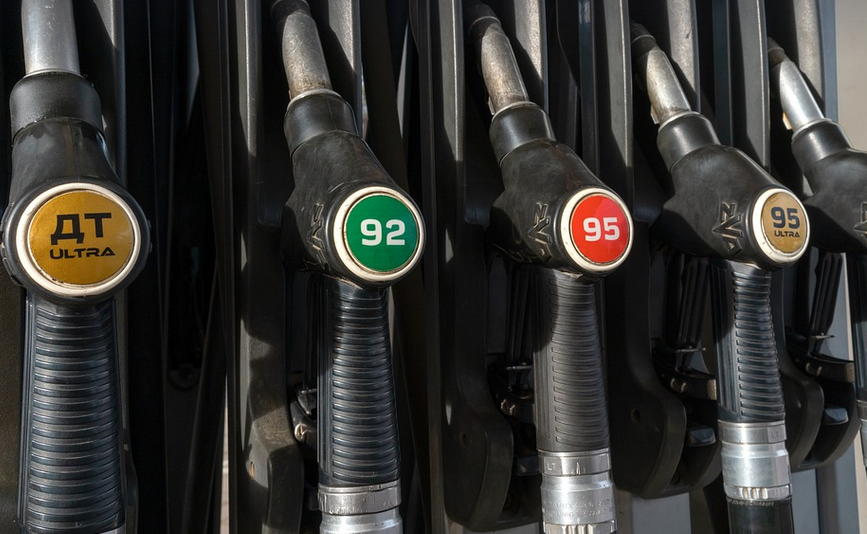Planning Your Dream Drive across Europe
So, you’ve decided to trade your cozy British roads for a classic European adventure, eh? Well done! The thrill of driving through charming villages and majestic landscapes while your trusty steed is safely ensconced on the other side of the Channel awaits. But before we embark on this exciting journey, let’s talk about how to get that car from the UK to France.
Getting your car across the English Channel can feel like a daunting task, but with a bit of organization and the right information, you’ll be cruising through French countryside in no time.
Exploring Your Car Transport Options: A World of Choices!
Let’s dive into the diverse world of car transport from the UK to France. You’ve got options galore, each with its own unique advantages and drawbacks. Choosing the best one depends on your priorities – budget, desired speed, peace of mind, and personal preferences.
First up, we have **shipping your car by sea**. This is a classic choice – it’s been doing the trick for years. Your vehicle gets loaded onto large container ships, sailing across the Atlantic Ocean to France. It’s often the most affordable option, especially if you’re going on a budget.
However, shipping costs may be higher if your car is a vintage classic or a high-performance beast. Also, be prepared for longer transit times, potentially weeks in some cases. ⏳ You’ll need to factor in the port fees and customs clearance procedures when calculating your overall travel cost.
Next on our list: **land transport** – the “road trip” alternative! This option involves driving your car directly to France, with a dedicated truck or trailer. It’s great for flexibility and if you’re in a hurry. However, this route requires careful planning, especially if you plan on stopping along the way.
Remember, you’ll need to consider ferry crossings between the UK and France, as well as potential delays due to traffic or weather. This option might be more expensive depending on your mode of transport and the distance you plan to cover.
For those who crave an authentic journey and want a truly personalized experience. **Intermodal shipping**, which combines road and sea transport, offers a more balanced approach. ️ This method lets you drive your car across the UK to a designated port for loading onto a ship heading to France. It’s practical if you’re on a tighter timeframe or have specific cargo needs.
No matter which option you choose, it is crucial to remember that you are embarking on a journey of significant logistics – from booking and paperwork to insurance and shipping schedules. The key is to be organized! Take advantage of online platforms like “ShipMyCar” and “AutoTransport” for seamless booking and tracking.
Navigating the Paperwork Maze: A Quick Guide
Okay, you’ve picked your transport method. Great! Now comes the paperwork part – a crucial step in your journey. Don’t worry; it’s not as intimidating as it sounds.
To get started, ensure your car registration and documentation are up to date. You may need to provide proof of ownership, insurance, and vehicle history reports depending on the chosen transport method.
For shipping by sea or land transport, remember that you’ll be dealing with customs clearance procedures. This involves paperwork related to import regulations, ensuring your car is legally allowed to enter France. Don’t forget about licenses and permits for your vehicle.
The good news: most countries like France offer online resources and helpful tips on their respective websites that can guide you through the process.
Setting Your Budget: Essential Tips
Budgeting isn’t a drag, especially when planning your cross-Channel adventure. It’s about figuring out what works best for you.
**Shipping costs** are generally influenced by several factors, such as car size, your chosen transport company, and the time of year. Start with an online calculator to estimate overall costs. Remember to include expenses like customs clearance and insurance.
**Land Transport** offers flexibility but can be expensive if you’re not careful. It’s wise to compare prices from various trucking companies, factoring in fuel costs and potential delays due to traffic or weather.
A Smooth Journey: Packing and Preparations
Your car is about to embark on a grand adventure! Before packing your little travel buddy for the trip across the Channel, let’s talk logistics.
**Documentation** – Make sure you have all necessary documents before you start your journey. This includes your vehicle registration card, insurance details, proof of ownership, and any other paperwork required by the transport company or customs authorities.
**Decluttering:** Before packing, consider whether you really need to bring everything. It might be a good idea to leave some items behind for a lighter load.
**Essential items:** Pack essentials like your phone charger, snacks, and a first-aid kit. If you’re traveling with children, think about bringing entertainment options like toys or books.
The Time of Your Journey: Planning is Key
To enjoy your cross-Channel adventure to the fullest, it’s all about planning!
**Time and cost:** Factor in travel days, potential delays (weather!), and necessary rest stops. This will help you estimate how much time you’ll need for your journey.
**Weather:** France has a varied climate! Check the weather forecast before your trip to pack accordingly. It might also be helpful to check if the roads are expected to be open or closed due to snow/rain/storms, especially in mountainous areas.
Enjoying Your European Escape!
Congratulations, you’re on the road to an unforgettable adventure! From the quaint villages of France to the majestic landscapes of the countryside, your journey is about to begin.
Remember to enjoy every moment – the beauty of French roads, the charm of small towns, and the warmth of the welcome. Happy travels!
